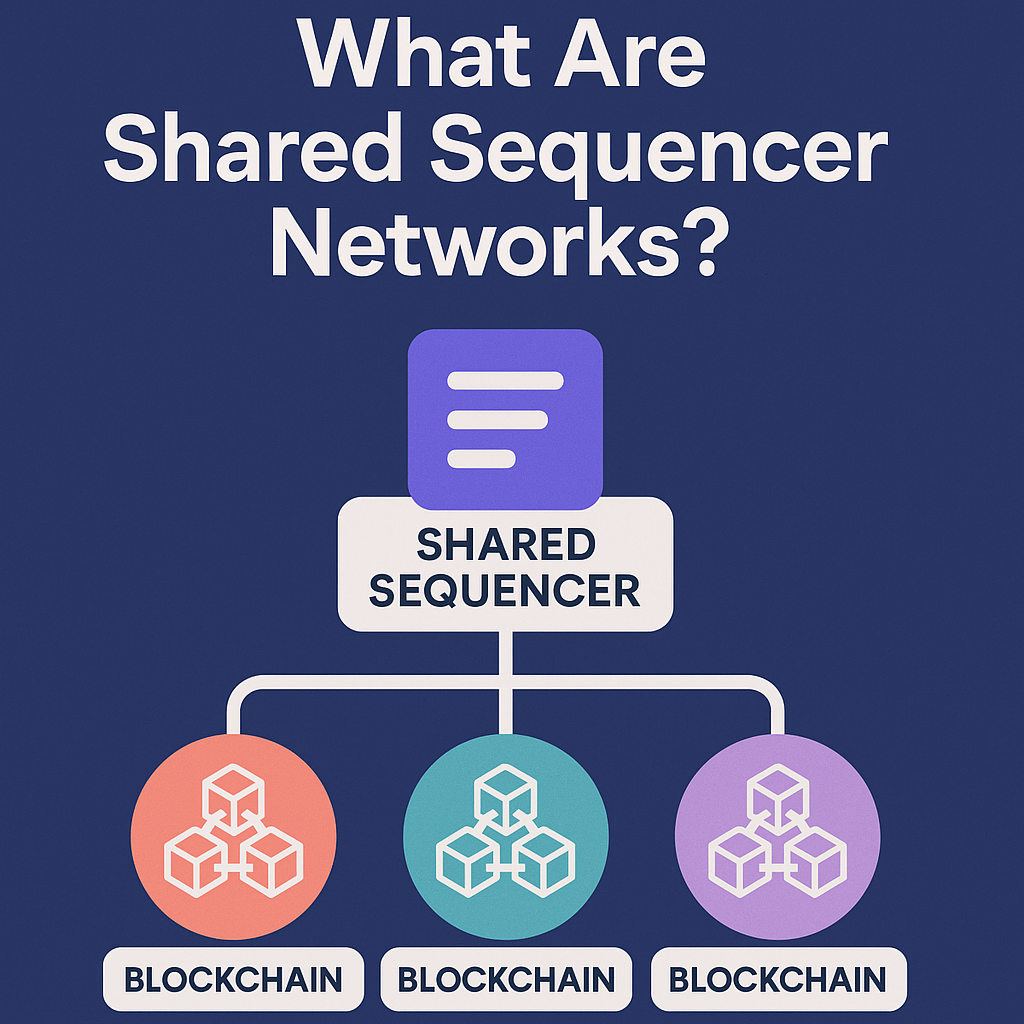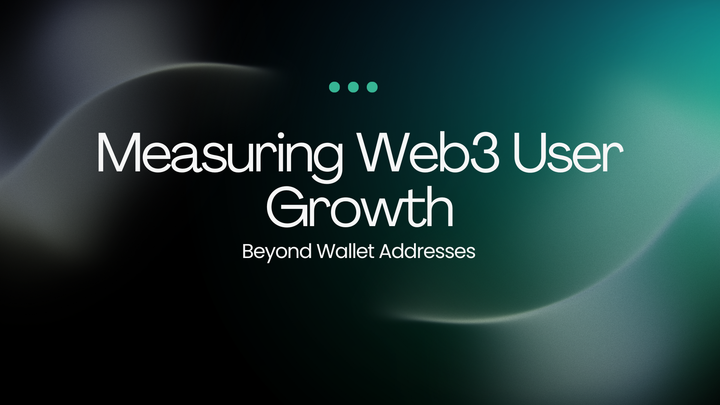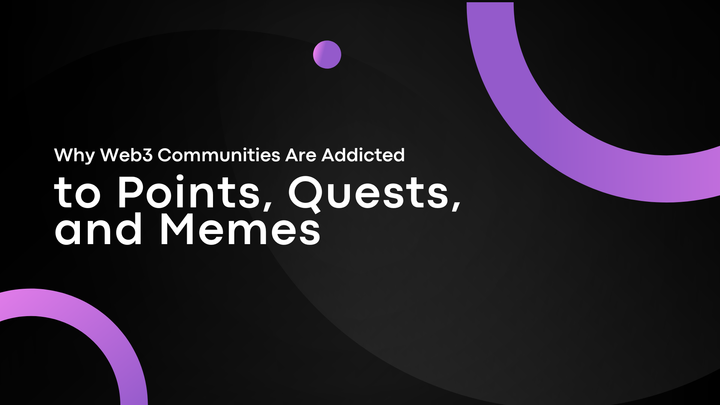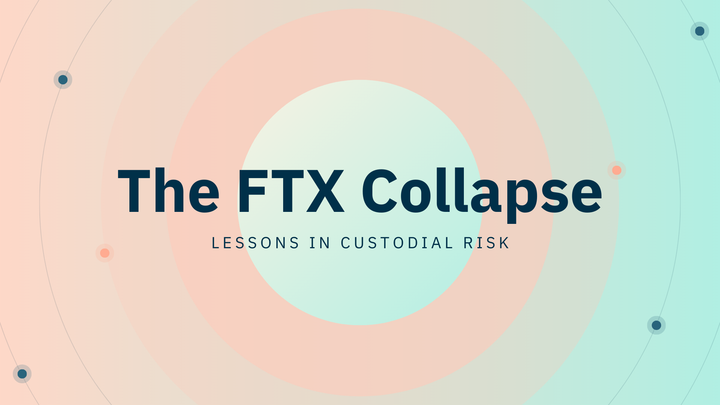What Are Shared Sequencer Networks?

In the world of blockchains, speed and fairness are super important. But many blockchains have a problem: they don’t agree on the order of transactions fast enough. That’s where Shared Sequencer Networks come in.
Let’s break it down in a simple way.
What Is a Sequencer?
A sequencer is like a traffic controller for blockchain transactions.
It decides which transaction happens first, second, and so on.
In rollups (like Optimism, Arbitrum), sequencers help with faster and cheaper transactions. But usually, each rollup has its own sequencer, which can cause problems like:
- Delays
- Noisy MEV (bots jumping in front of your trades)
- Centralization (too much power in one hand)
What’s a Shared Sequencer?
Instead of each rollup using its own sequencer, a Shared Sequencer is like a public traffic controller used by many rollups together.
Think of it like this:
- Before: Each rollup had its own traffic light.
- Now: All rollups use the same big traffic system to keep things smooth and fair.
Why Is This Better?
Shared sequencers give:
- ✅ Faster confirmation times
- ✅ Fair ordering (no one can cheat and jump ahead)
- ✅ Less MEV stealing
- ✅ More decentralization (no single sequencer in control)
Real Examples: Espresso & Astria
☕ Espresso
- Built to give decentralized and fair ordering for many rollups.
- Uses advanced cryptography to prevent front-running.
- Focus: Fairness + decentralization.
✨ Astria
- Also offers shared sequencing for rollups.
- Built to help new rollups launch fast without needing their own sequencer.
- Focus: Plug-and-play sequencing for any chain.
Why It Matters
Shared Sequencer Networks are a big step forward.
They help blockchains:
- Work together better
- Become more fair and fast
- Avoid central power
In the future, these networks could become the standard way rollups and chains handle transactions.
Final Thoughts
Shared Sequencer Networks are changing how rollups work.
Right now, rollups help blockchains scale by making transactions faster and cheaper. But they often work alone, using their own sequencers — which leads to problems like unfair trade ordering, central control, and lack of coordination.
Shared sequencers fix this.
They act like a shared brain that many rollups can use to agree on the order of transactions — fairly, quickly, and without giving too much power to any one party.



Comments ()